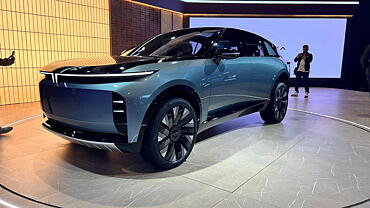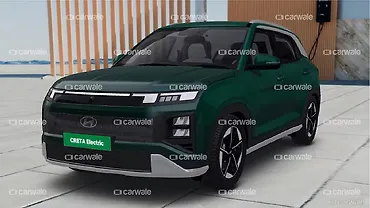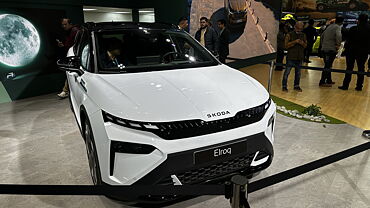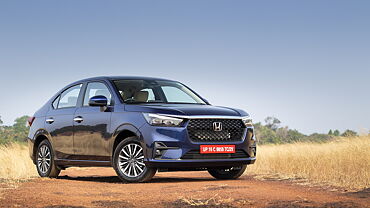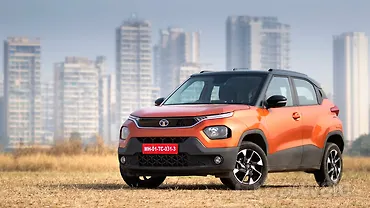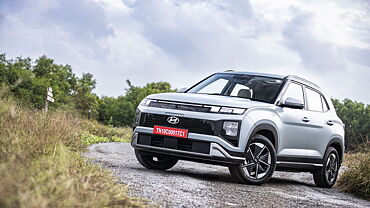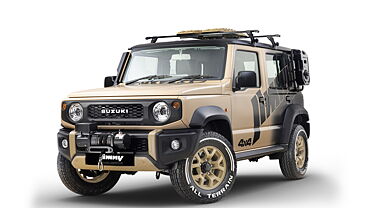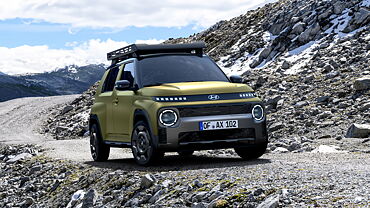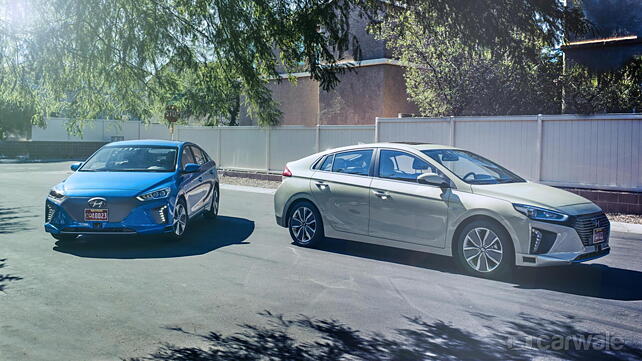
Hyundai has brought interesting cars to the Geneva stage this year. Starting the roster is the newest Autonomous addition to the Ioniq line-up. A new hydrogen-powered FE Fuel Cell concept gives the glimpse of Hyundai’s future vision for zero-emission mobility. A family car shows up in the form i30 Estate, while the performance-oriented were the RN30 Concept and i20 Coupe WRC challenger.
Autonomous Ioniq

Hyundai has carried out some extensive testing on the streets of Las Vegas and now presenting to the world on the Geneva stage with their Autonomous Ioniq vehicle. Hyundai made use of the LiDar technology along with various other sensors and camera to lend the Ioniq a ‘simple’ autonomous credentials. The system utilises a GPS antenna, forward-facing radar, high-definition mapping and a blind-spot detection radar to ensure a high level of autonomous driving. Hyundai asserts that, with the extensive testing in an urban environment, the car could navigate the most challenging road conditions.
Ioniq Plug-in Hybrid

Joining the Ioniq line-up is the plug-in hybrid which is ready to go on sale in Europe this year. The Korean manufacturer’s electrification push includes a plan to launch 14 eco-cars by 2020, including five hybrid vehicles, four plug-in hybrid vehicles, four electric vehicles and one fuel-cell electric vehicle.

The Ioniq combines a 104bhp 1.6-litre four-cylinder petrol engine that's mated to a 55bhp electric motor. The motor is powered by an 8.9kWh lithium-ion polymer battery to enable 63km of pure electric driving. The overall fuel efficiency is claimed to be an impressive 110kmpl according to the New European Driving Cycle (NEDC).
Hyundai FE Fuel Cell Concept

Hyundai has also unveiled its Future Eco (FE) Fuel Cell Concept, which previews a next generation of hydrogen-powered cars from the Korean manufacturer. The FE Concept has a clean and flowing design approach. The SUV-esque body style with futuristic detailing comes with a unique ‘internal air humidifier’ feature which recycles the water emitted by the car’s hydrogen powertrain. Compared current powertrain system used in the Tucson ix35 Fuel Cell, the new technology is 20 per cent lighter and 10 per cent efficient. Moreover, the power density of the fuel cell is increased by 30 per cent, boosting the car’s range significantly to up to 800km. The elements from the FE Concept will cue the new fuel cell SUV set to make its debut next year.
Hyundai i30 Station Wagon

Hyundai also took the stage at Geneva with the new-gen Hyundai i30 Tourer. The newest addition to the i30 family comes with 602litres of boot space (1,650litre with seats down), boasting one of the largest boot space in the segment. The i30 family appearance remains unchanged, with the D-pillar adding a lot of character. The third edition to the i30 line-up and will carry forward the powertrain and features of its siblings.
Hyundai RN30 and i20 Coupe WRC

After making its first appearance at the 2016 Paris Motor Show, the RN30 concept makes its second public appearance showcasing the Korean brand’s high performance ‘N’ models. Alongside it sits the Hyundai’s i20 Coupe WRC challenger.

